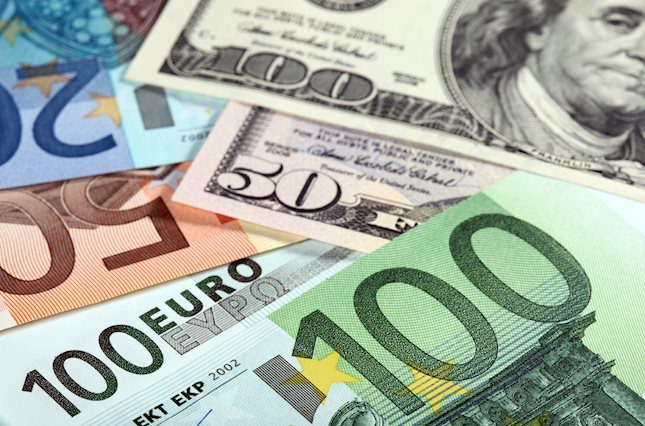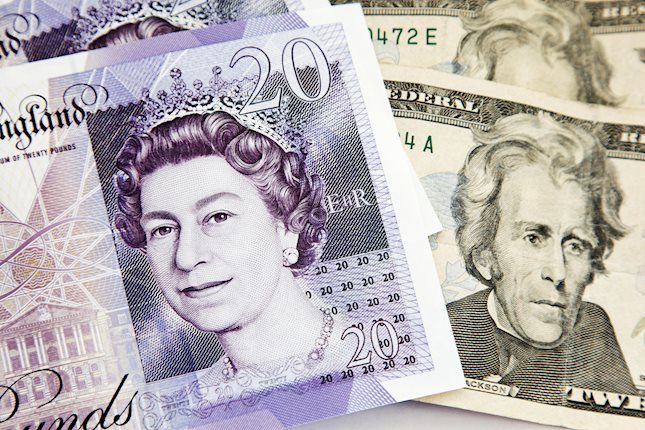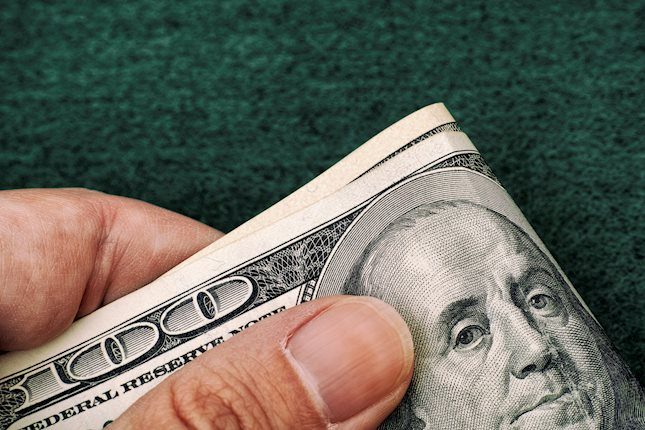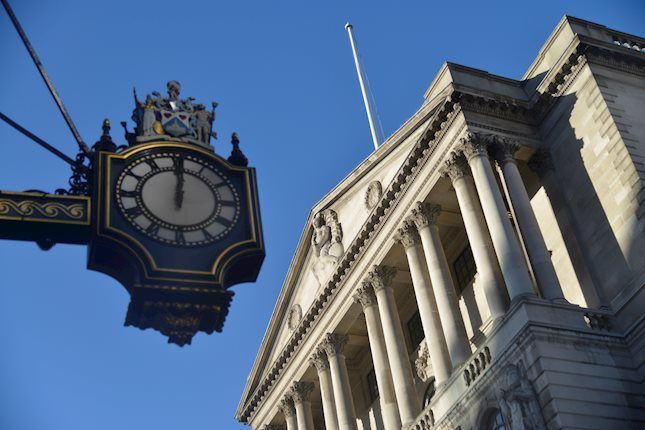Outlook:
The key US data today is retail sales. In Feb, sales fell 0.8%, more than forecast, for the third month of negatives. Today the forecast is for a rebound by 1.1% and if we get it, it will be the best month since Feb last year. Reasons for hope include auto sales and BoA ML reports on credit card spending (although we reported last week that Fed data shows revolving credit was not growing and only auto and student loans were up). Also contributing is the small rise in energy prices, which is meaningless in terms of consumer sentiment but never mind—a good number is a non-negative number.
Another big data Event is tomorrow’s China GDP. Will it hit the 7% target or not? Traders are willing to get into a tizzy over this but let’s remember that China can manipulate the data however it wants to and we don’t have external verification. Back in the late 1990’s, one China expert asserted the GDP number had to be false because electricity production and consumption had fallen and you can’t have fast-growing GDP if electricity consumption is falling—but evidently, you can. Later developments vindicated the high growth numbers. So, be wary of a knee-jerk response to the number when we get it.
The commentary world is starting to count up the problems generated by QE and low or negative rates. The Druckenmiller comments from last Friday are being re-quoted widely. He says it will all end in tears. Nobody know how and why to allocate to which asset class and what might be a bubble.
One of the unintended consequences of free money is a burst of M&A activity. Last week it was Royal Dutch Shell buying BG and then FedEx buying TNT Express and today it’s Nokia bidding for Alcatel-Lucent. Analysts are also taking note of dividend hikes and stock buy-backs, not only GE’s vast $90 billion but a record $1 trillion this year overall, according to the FT. Names with plans include Citibank, Qualcomm, Lowes, GM and of course, Apple. To some extent, stock buybacks are taking the place of retail equity buyers, who are notably absent. The FT notes “Investors have pulled $18bn from exchange traded funds invested in US stocks since the year began, compared with $11bn that has flowed to ETFs investing in European and Asian equities, according to data provider Markit.”
On the whole, though, there is a difference between effects in high-deficit countries like the US and UK and in Europe. The WSJ story on mortgage holders being paid by the banks is hilarious but cautionary—the implication is that the banks are really zombies with almost no chance of ever generating true earnings or cash flow. We await the next doom-and-gloom story about European bank failures.
As a rule, free money is used foolishly. As John Plender notes in the FT, “…. there is a question of how QE affects capital allocation. The risk is that cheap borrowing will finance suboptimal investments, whether in fixed assets or expensive share buybacks in a frothy equity market. At the same time the debtors’ paradise keeps zombie banks afloat and allows them to roll over the debts of zombie companies. That in turn holds back productivity growth.” Today the ECB’s quarterly Bank Lending Survey says bank credit standards on loans to businesses is expected to ease in Q2.
The shortage of high-quality bonds in Europe has already struck at the concept of quality. “With an estimated €1.5tn eurozone bonds now showing negative yields, the eurozone looks increasingly like a debtors’ paradise. Ratios of debt to gross domestic product look manageable even in the most heavily indebted countries. The definition of solvency is up in the air as debt burdens are refinanced at ever longer maturities. Creditors are the losers, though with at least one big exception: members of defined benefit pension schemes.” [This is true in the US, too, where public service and some corporate pensions are locked into fat returns that are impossible of attainment.]
So, equity markets are roiling and bond markets are confused. Liquidity is at risk and that means somebody is going to have a solvency crisis and fail someday and possibly soon. First up is Greece. Normally we can report threats of default with a grain of salt and impute many comments to gamesmanship, but the FT report, even though it doesn’t name names, is bone-chilling. The FT says a Greek official said "We have come to the end of the road...If the Europeans won't release bailout cash, there is no alternative.” Default occurs automatically if Greece fails to repay loans of €2.5 billion due to the IMF in May and June. The very first action is Mr. Draghi calling the central bank in Athens to cut off its credit lifeline.
Nobody knows if Greece really intends to default or perhaps intended to default all along, but it seems unlikely the troika will blink if new talks that started yesterday fail to satisfy. This can’t be euro-positive. The euro bounce we are seeing today is not likely to get very far under these conditions.
This morning FX briefing is an information service, not a trading system. All trade recommendations are included in the afternoon report.
Recommended Content
Editors’ Picks

EUR/USD trades sideways below 1.0450 amid quiet markets
EUR/USD defends gains below 1.0450 in European trading on Monday. Thin trading heading into the Xmas holiday and a modest US Dollar rebound leaves the pair in a familair range. Meanwhile, ECB President Lagarde's comments fail to impress the Euro.

GBP/USD stays defensive below 1.2600 after UK Q3 GDP revision
GBP/USD trades on the defensive below 1.2600 in the European session on Monday. The pair holds lower ground following the downward revision to the third-quarter UK GDP data, which weighs negatively on the Pound Sterling amid a broad US Dollar uptick.

Gold price sticks to modest gains; upside seems limited amid USD dip-buying
Gold price attracts some follow-through buying at the start of a new week and looks to build on its recovery from a one-month low touched last Thursday. Geopolitical risks stemming from the protracted Russia-Ukraine war and tensions in the Middle East, along with trade war fears, turn out to be key factors benefiting the safe-haven precious metal.

The US Dollar ends the year on a strong note
The US Dollar ends the year on a strong note, hitting two-year highs at 108.45. The Fed expects a 50-point rate cut for the full year 2025 versus 4 cuts one quarter earlier, citing higher inflation forecasts and a stubbornly strong labour market.

Bank of England stays on hold, but a dovish front is building
Bank of England rates were maintained at 4.75% today, in line with expectations. However, the 6-3 vote split sent a moderately dovish signal to markets, prompting some dovish repricing and a weaker pound. We remain more dovish than market pricing for 2025.

Best Forex Brokers with Low Spreads
VERIFIED Low spreads are crucial for reducing trading costs. Explore top Forex brokers offering competitive spreads and high leverage. Compare options for EUR/USD, GBP/USD, USD/JPY, and Gold.